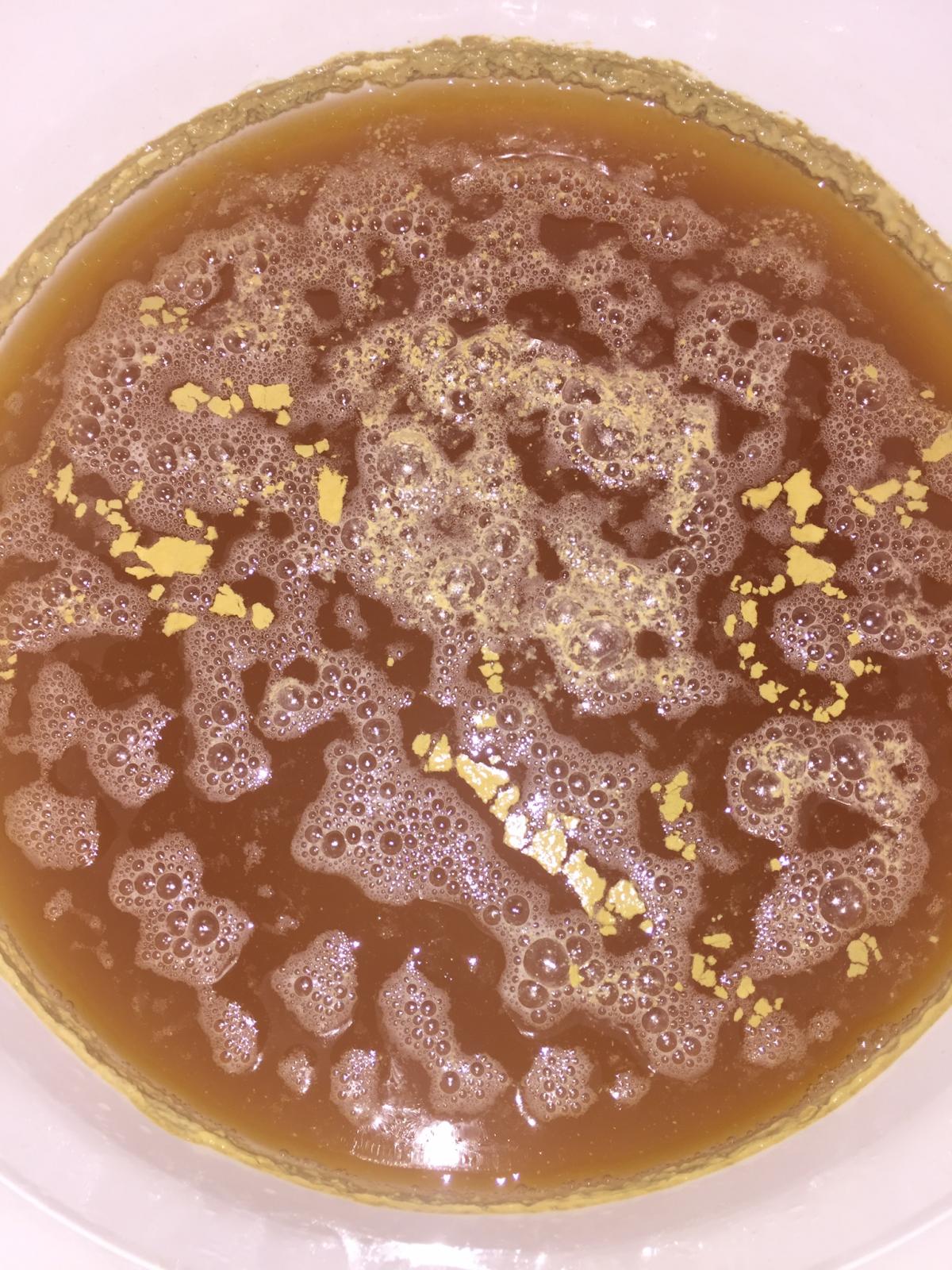fireberd350
Member
- Joined
- Jun 9, 2015
- Messages
- 22
- Reaction score
- 4
See pic. IS this OK?
Process:
I'm new to this but based on the OG of 1.054 and current of 1.014 it means that it did ferment, correct?

Process:
- Chill Wort to 75degrees
- Aerate with spoon
- Sprinkle Dry Yeast right from package on top of foam
- Wait 20min
- Spoon mix
- sprinkle remaining dry yeast on top of new foam
- cover and ferment for a week
I'm new to this but based on the OG of 1.054 and current of 1.014 it means that it did ferment, correct?



